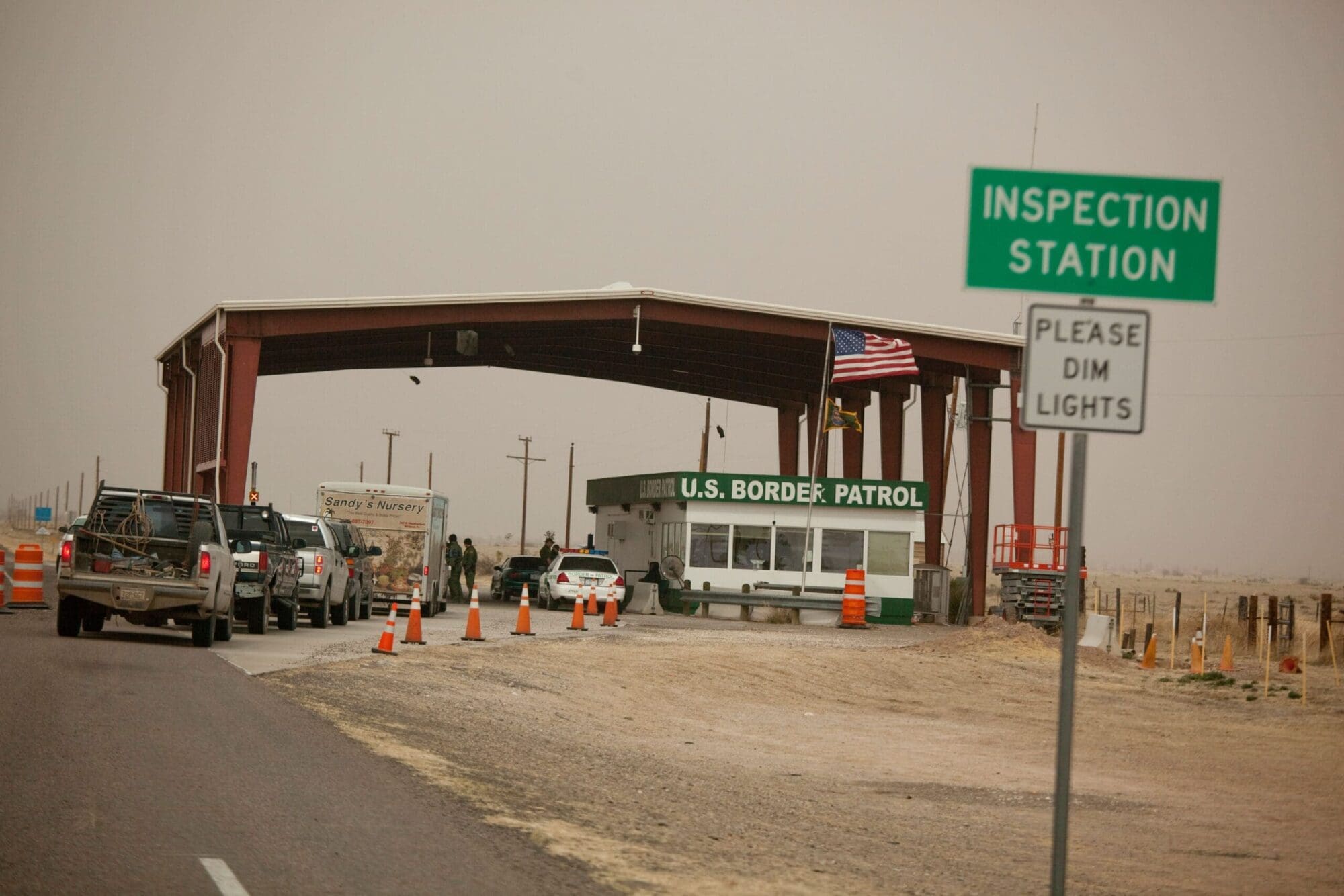In Texas, we face not merely a border crisis but also a constitutional crisis.
The Biden Administration is not lacking in capability to address border security; rather, it actively pursues an open border policy that deliberately and intentionally violates U.S. immigration laws to advance a political agenda. What unfolds on our southern border is the realization of the Democrat Party’s “demographics is destiny” strategy, aimed at replacing American voters with migrants worldwide. The genuine crisis lies in whether a state can uphold its sovereignty against an unlawful federal government striving to alter American values, culture, and governance by displacing the influence of traditional native-born Americans with individuals lacking inherent loyalty to America.
On December 19, 2023, the border patrol documented a record-breaking 14,509 encounters with illegal aliens at the southern border in a single day. Extrapolating these figures indicates a potential influx of around 5 million new illegal border-crossers by the next presidential inauguration. This staggering number equates to the combined populations of Houston, Dallas, and San Antonio. It’s important to note that this calculation only accounts for those processed, not including both known and unknown instances of individuals who evaded apprehension.
This incursion into our nation is intolerable. The Biden Administration is actively engaged in undermining America, collaborating with transnational cartels that fuel drugs, crime, human trafficking, and fatalities. The onslaught on Texas demands immediate attention from the state government. Texans cannot defer action until the next presidency addresses the border crisis. Our state government must assert its constitutional sovereignty and assume control of the Texas border at all locations between the federally administered international ports of entry.
While the Biden Administration persistently seeks additional funding, not to deter illegal border-crossers but to expedite faster processing into our nation, the crucial question arises: What can the state government do to halt illegal immigration?
Despite attempts by the governor and the legislature to propose solutions, the federal government has consistently impeded every effort. Legal action has been taken to remove an ineffective 1000-foot buoy border wall from the Rio Grande, and border patrol has interfered with measures like cutting or lifting concertina wire used by the state to deter illegal entries. The effectiveness of Governor Abbott’s measures remains in question, as none have succeeded in deterring or slowing down border crossings. Since the onset of the Biden border crisis, illegal immigration has only surged. Despite media attention and political posturing, none of Abbott’s actions—including Operation Lone Star, razor wire, makeshift container walls, or the controversial 1000-foot buoy border wall—have curbed illegal immigration. Until the governor realizes the true sovereign power to protect the state, regardless of the cost, the invasion is unlikely to cease under the current administration.
All of this brings us to the present. The governor and the news media have highlighted Abbott’s signing of Senate Bill 4 into law, which criminalizes entering Texas from a foreign jurisdiction and empowers law enforcement to arrest and detain foreign nationals. Despite good intentions, like the governor’s other border security efforts, the implementation of this bill is poised to be highly problematic. The legislation essentially shifts the responsibility of border security to county sheriffs and city police. With hundreds of thousands crossing the Texas border, the crucial questions arise: Where is the funding to expand city and county jails to accommodate these state criminals? Where is the funding for law enforcement training and increased manpower? Where are the courts necessary to adjudicate the influx of new cases? These crucial considerations seem to have been overlooked during the legislative drafting of the bill.
Ultimately, if the Texas governor were to take a decisive stand against illegal immigration by repelling, forcing back, or deporting illegal aliens, it is anticipated that the federal government would promptly file lawsuits and obtain injunctions from federal courts ordering a halt. If the governor were to defy these federal directives and continue policing the state’s borders independently, what would be the federal response? Would they deploy federal troops, withhold funds to pressure compliance, or even impose an embargo on Texas? With today’s administration, those actions are not out of the question.
If the federal government were to impose severe penalties on Texas for simply endeavoring to protect itself, the situation could escalate from a border crisis to a constitutional crisis. This marks the juncture where federal authority intersects with states’ constitutional rights. For too long, states and individuals have adhered to the narrative that the federal government holds supremacy in all matters. However, the reality is that federal law reigns supreme only over the federal government; everything not explicitly outlined in our constitutional compact is left to the states, such as border security. Indeed, the Constitution only provides federal authority over “naturalization”—not border security. Despite our Constitution being in place since 1788, the U.S. Border Patrol was only established in 1924. Who safeguarded our borders for the first 134 years of our nation’s existence? It was the states themselves. Where is the constitutional amendment that designates border security as the exclusive domain of the federal government?
It’s time for Texans to awaken to the reality that the federal government won’t halt the invasion from the South. As in the storied days of our past, Texas may once again need to defend its borders. This, however, depends on having a state government that is willing to undertake the arduous task of challenging a lawless federal government.
This is a commentary published with the author’s permission. If you wish to submit a commentary to Texas Scorecard, please submit your article to submission@texasscorecard.com.





